The United States has announced its decision to boycott the upcoming G20 meeting in South Africa, citing concerns over the treatment of Afrikaners by the South African government. President Trump has repeatedly claimed that the South African government is discriminating against Afrikaners, a white minority group that previously held significant power in the country.
According to sources, President Trump has expressed concerns over the alleged seizure of land from white farmers and the supposed "extermination" of Afrikaners. In response, the U.S. has offered refugee status to Afrikaners who wish to flee South Africa. The first 59 Afrikaner refugees arrived in the U.S. in May, sparking controversy over the U.S. government's involvement in the matter.
South African officials, including President Cyril Ramaphosa, have denied the allegations of discrimination and land seizures. Ramaphosa stated that the South African government is committed to addressing the historical injustices faced by the country's white minority, but emphasized that the process must be done in a fair and transparent manner. "We are not targeting any particular group, including Afrikaners," Ramaphosa said. "Our focus is on addressing the legacy of apartheid and ensuring that all South Africans have equal access to land and economic opportunities."
Afrikaners have a complex history in South Africa, dating back to the 17th century when Dutch settlers arrived on the continent. They played a significant role in shaping the country's politics and economy, particularly during the apartheid era, when they held power and implemented policies of racial segregation. However, the end of apartheid in 1994 marked a significant shift in the country's politics, and Afrikaners have since struggled to adapt to the new democratic landscape.
Critics of the U.S. government's stance on the issue argue that Trump's claims are exaggerated and based on misinformation. "The idea that there is a 'white genocide' in South Africa is a myth with no basis in fact," said Dr. Adam Habib, a South African academic and expert on the country's politics. "The South African government is committed to addressing the historical injustices faced by all South Africans, including white people."
The U.S. decision to boycott the G20 meeting has sparked widespread criticism from South African officials and international leaders. The South African government has called the move "unfortunate" and "unhelpful," while the European Union has expressed concerns over the potential consequences of the U.S. decision. As the G20 meeting approaches, it remains to be seen how the situation will unfold and what impact the U.S. boycott will have on the global stage.
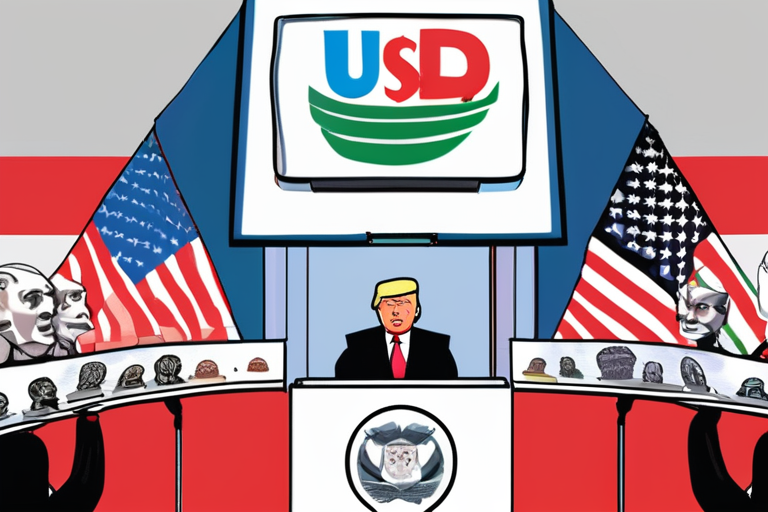


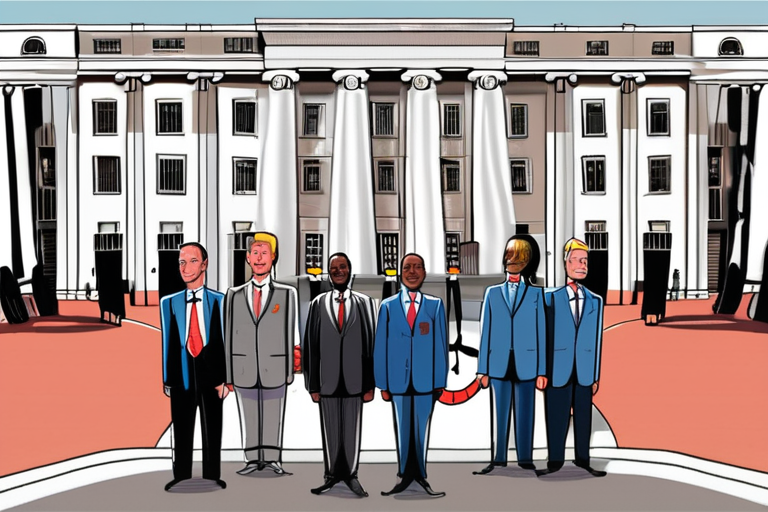
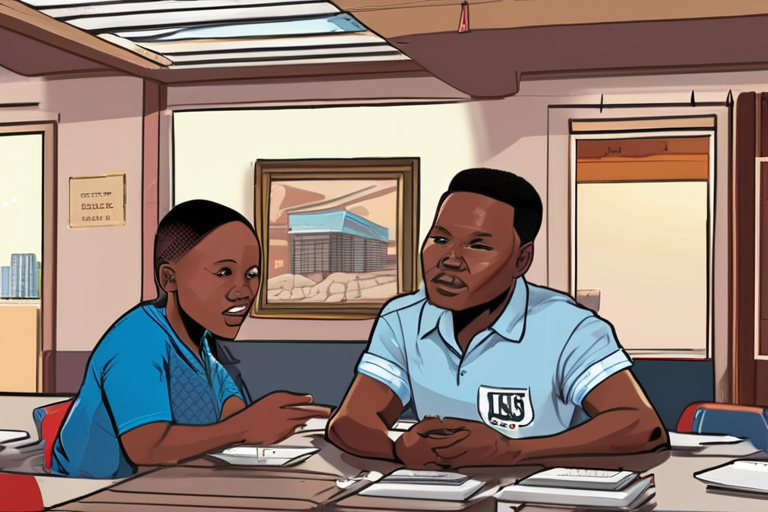
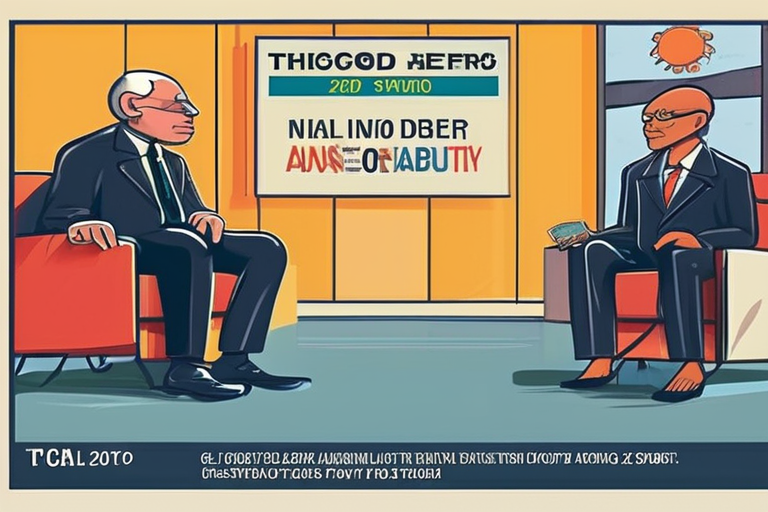
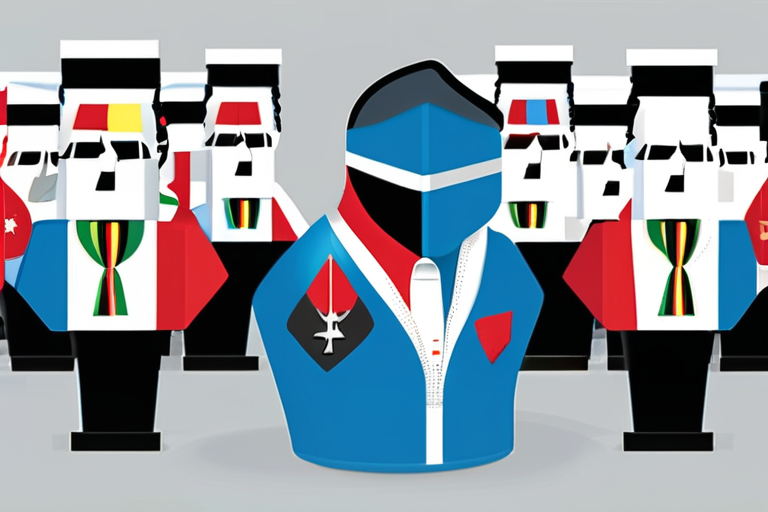

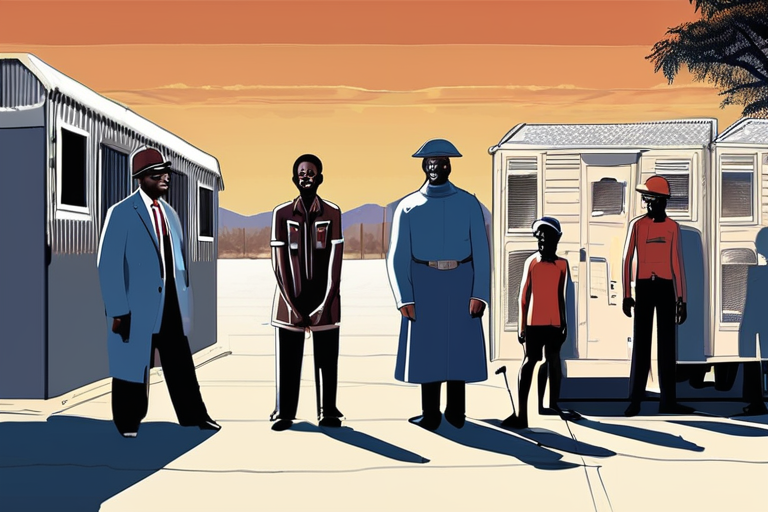
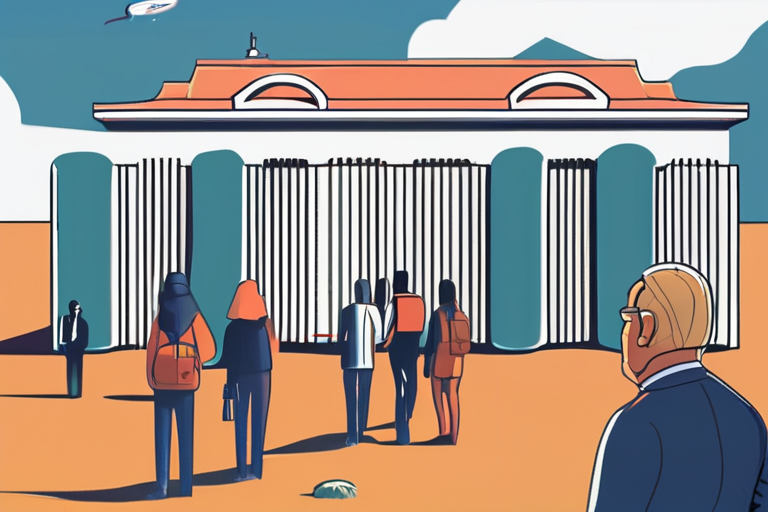
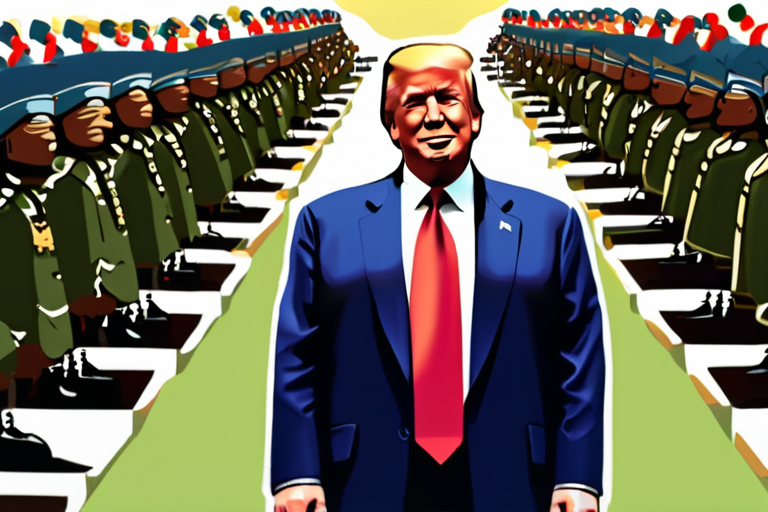

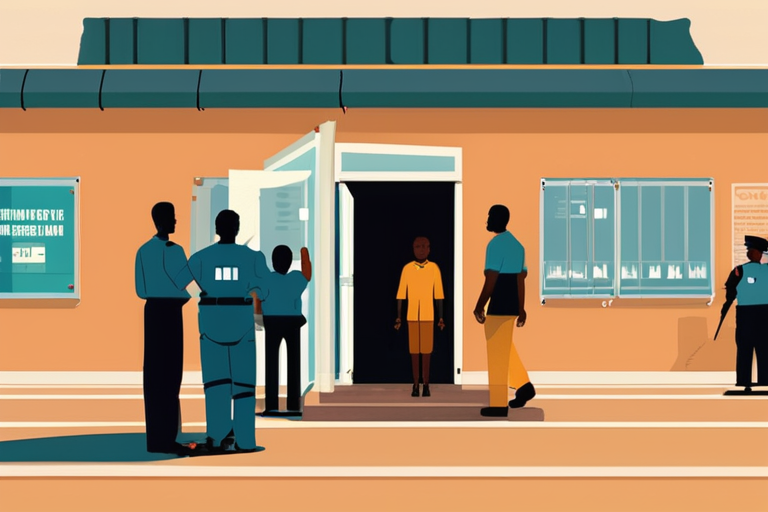
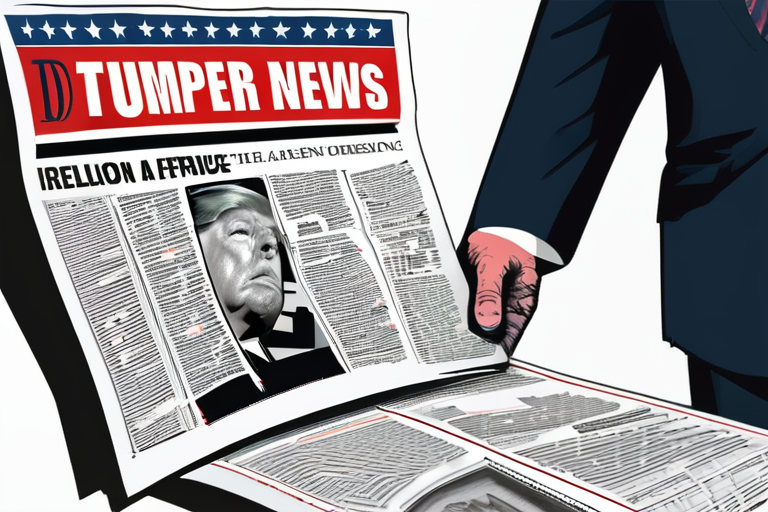
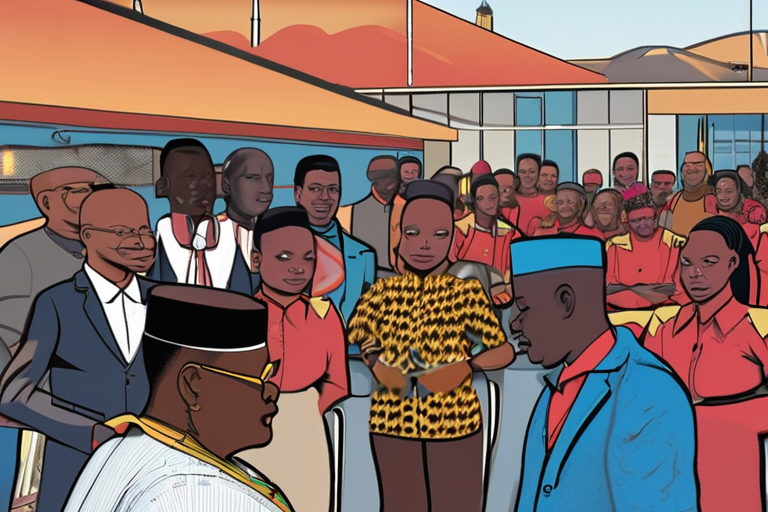

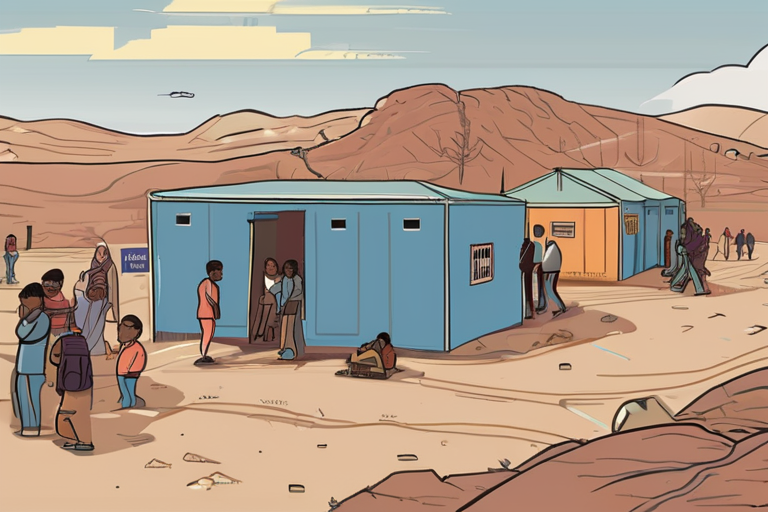
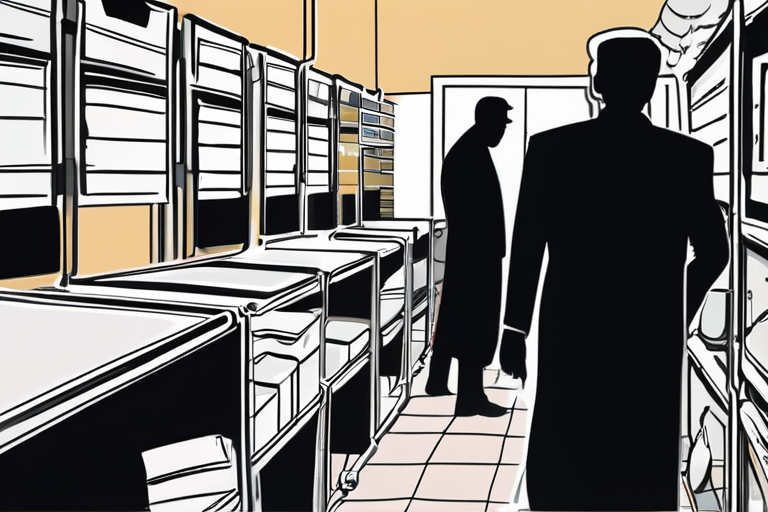
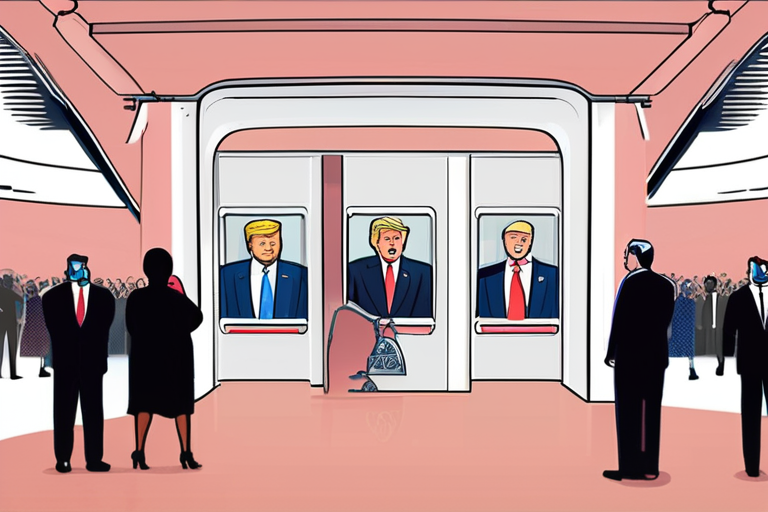
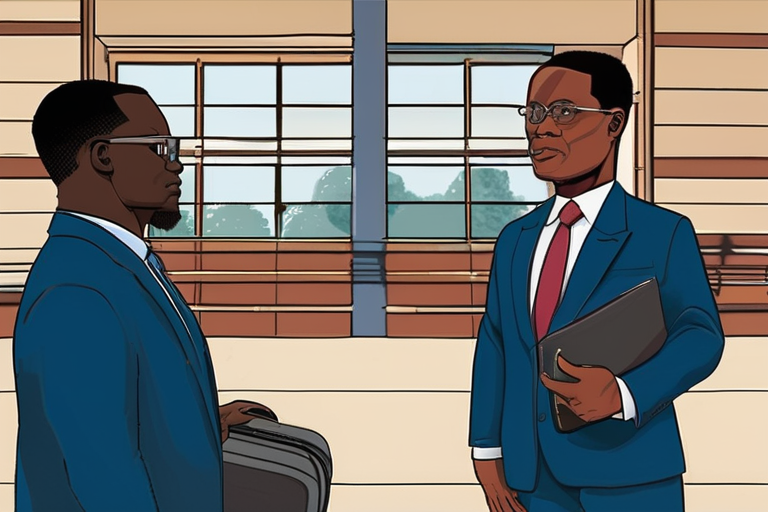
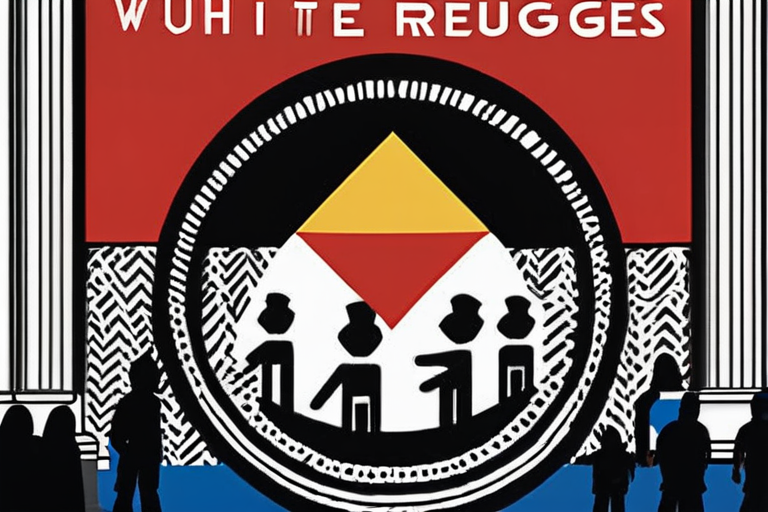
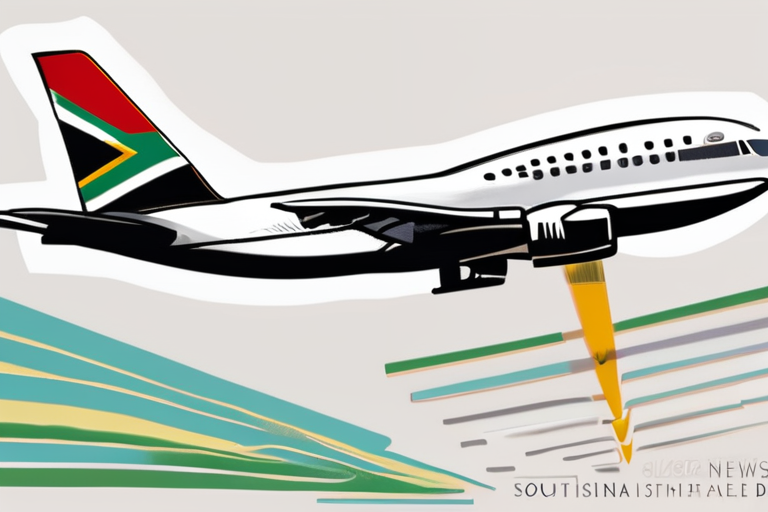
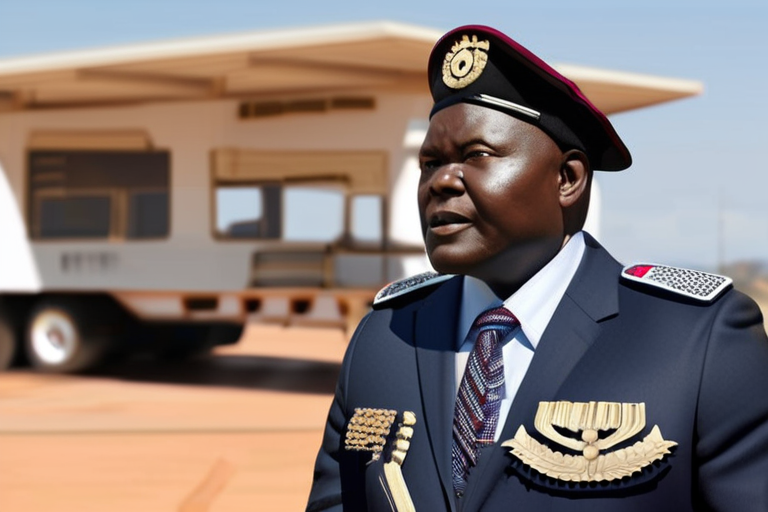
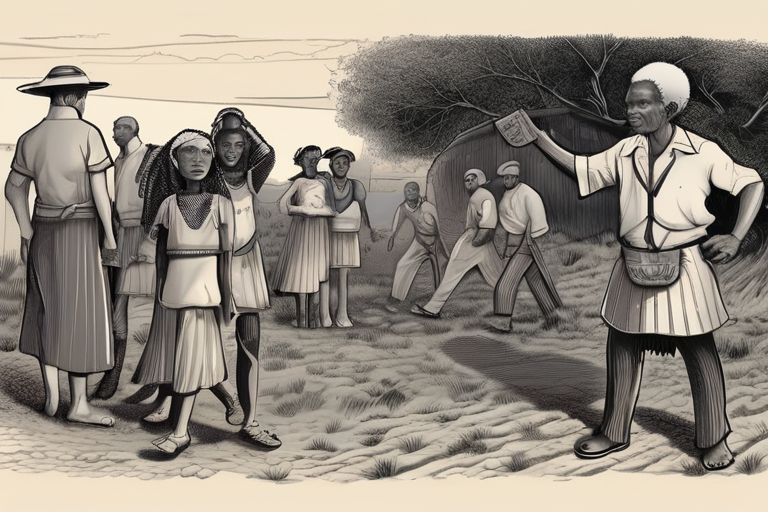
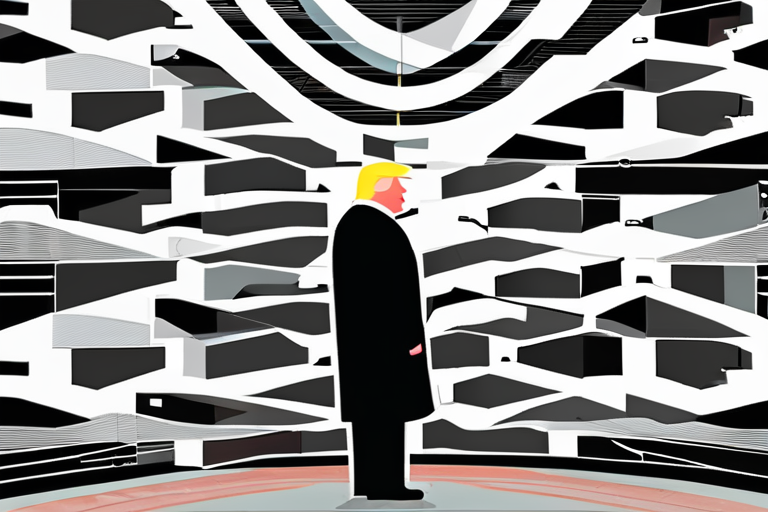
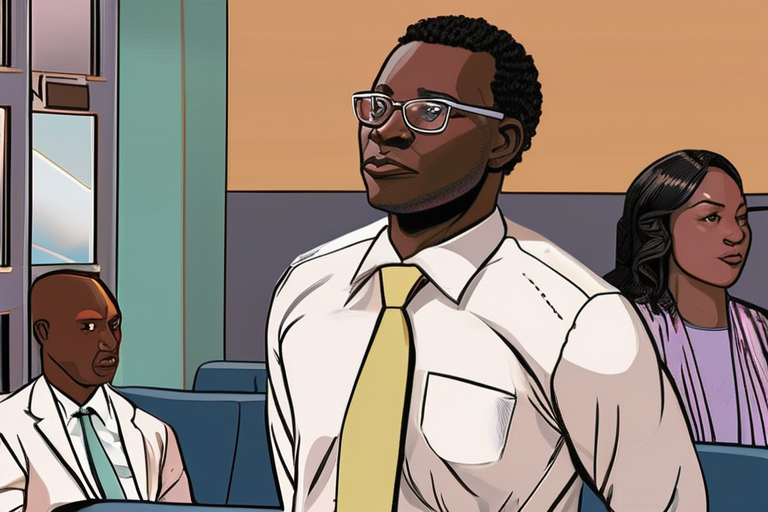
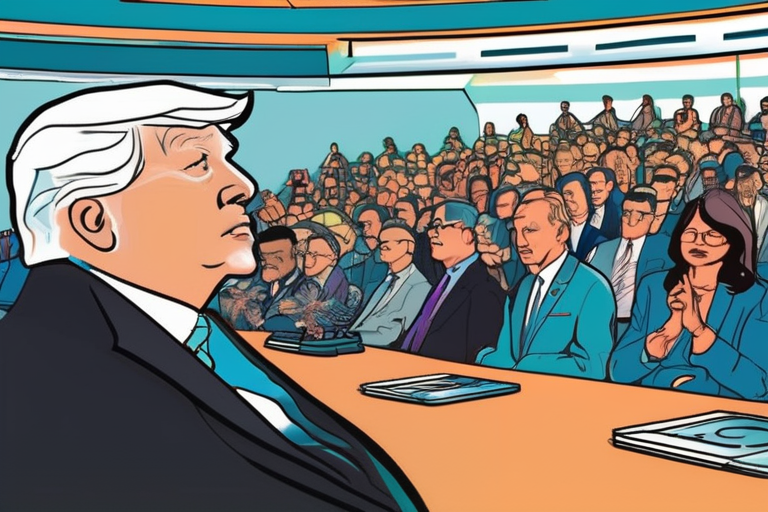
Share & Engage Share
Share this article